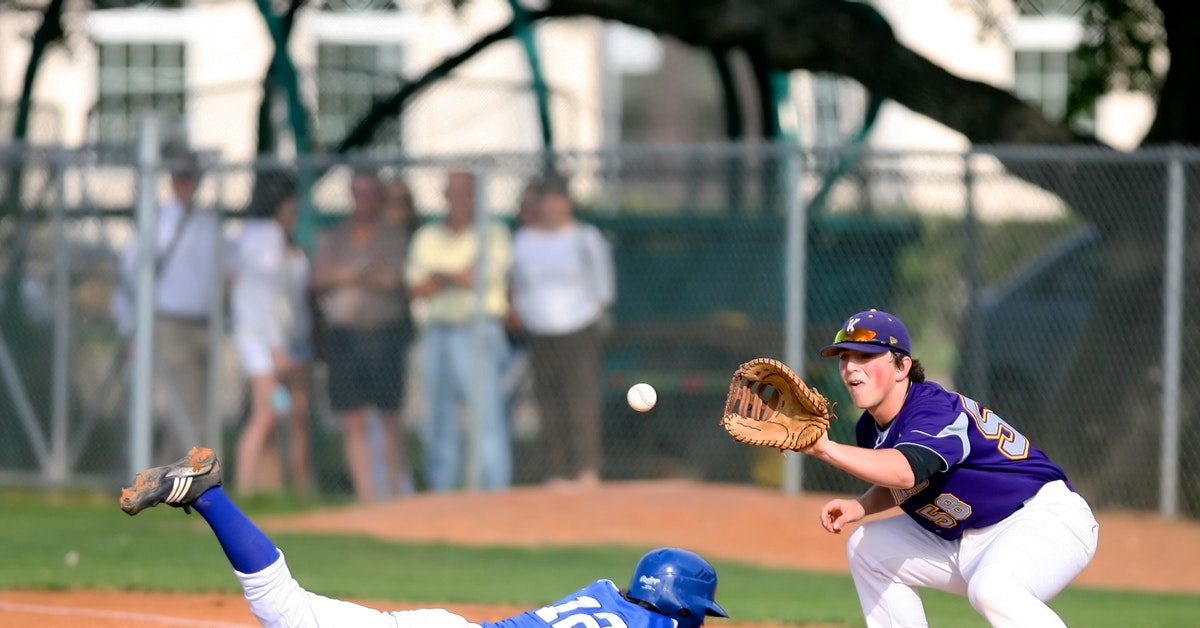
PREVENT AND TREAT COMMON SPRING SPORTS INJURIES
Spring is here, and it’s a great time to get outside and play ball. Spring sports like baseball, softball, volleyball, and tennis are all fun and healthy but can lead to injuries. Athletes who play sports year-round may come into the spring sporting season with a healing injury from football or basketball. If that’s the case, you need special care to avoid worsening your injury.
Here are three common types of spring sports injuries and how to avoid and treat them.

Common Injuries
Arm Injuries
Since many spring sports involve swinging a racket, a bat, or in the case of volleyball, using your hands as a racket, elbow injuries are common. Strains and sprains can be caused by moving wrong or taking impact to the area. Overuse injuries like tennis elbow and little league elbow are also common and are more common than traumatic injuries in children. Both kids and adults can experience chronic elbow pain from overuse injuries that may impact other activities. Strains and sprains to the wrist and tendinitis in the lower arm can also result form the intense arm use required by spring sports. Many athletes experience a painful jarring sensation in the wrist if they catch a fast ball wrong or put their hand down during a fall.
Knee Injuries
Sliding into third or dropping to get the ball can take a toll on your knees. As with elbows, strains and sprains are common. Other traumatic injuries include dislocated knee caps and tears within the joint. Knees are also prone to overuse injuries like runner’s knee. Runner’s knee causes pain behind the knee, sometimes with a grinding sound and swelling.
Shoulder Injuries
The rotator cuff is composed of muscles and tendons around the shoulder joint that allow you to raise your arm above your head and rotate it. Injuries to this area are common during spring sports and include rotator cuff tears and tendonitis. Injuries to the joint itself, such as dislocation or bursitis, can also occur.

Preventing Injuries on the Field
Every injury category above includes two types of injuries, acute (traumatic) and overuse. Acute injuries occur due to sudden trauma like a twist or impact. Overuse injuries happen over time from wear and tear. Overuse injuries are characterized by low grade, chronic inflammation, and pain that can last for years.
Strains and sprains are traumatic injuries. They vary in severity; sometimes, they cause bruising, swelling, and difficulty using the affected area for days or weeks. Sometimes the pain is mild and short-term.
Overuse injuries like tennis elbow and rotator cuff problems often cause pain during daily activities and can sometimes cause discomfort for decades if not treated. We will discuss treating these injuries later, but prevention should always be the priority, especially for student-athletes. Growing bodies are prone to overuse injuries and sometimes need extra work to develop supporting muscles that can protect joints.
Preventing injury during games and practices starts with proper training. Warming up and then stretching before training, games, and practice sessions is crucial. This one habit can prevent a large percentage of injuries. Training properly by using correct forms, not lifting weights that are too heavy, and not overworking is also vital. Athletes should take at least one day per week and one month per year off from training.
During training, the focus should be on building muscular support around vulnerable areas and improving flexibility and range of motion. It’s also essential to recognize minor injuries and treat them appropriately with rest, wraps, etc., to prevent them from getting worse.
Professional athletes receive regular spinal adjustments to improve their range of motion. Coaches know that this prevents injuries on the field and improves performance. Chiropractic care also shortens recovery time after strenuous training.
Preventing Injuries Off the Field
It’s surprisingly common for athletes to injure themselves doing daily tasks like yard work or recreating outside of their sport. Warming up and stretching out isn’t only necessary before training and games it’s also important anytime you will be doing physical activity.
You can prevent injuries by getting in the habit of a five-minute warm-up and stretch session before you mow the lawn, shovel snow, garden, or hike.
Athletes are just as prone as anyone else to injuries from ladders, slips, falls, and DIYs gone wrong. Taking common-sense precautions like wearing proper PPE, lifting correctly, and wearing appropriate footwear can prevent injuries that could take you out of the game or even land you in the hospital.
Treating Sports Injuries
Despite preventative measures, most athletes experience some form of injury eventually. Even a minor sprain or strain should be treated with rest, wraps, and cold/ heat therapy. Rest is vital. Pushing yourself when you are injured will only make things worse and take you out of the game longer. When you experience a moderate to severe injury, home care may not be enough. This is when it’s essential to have a sports therapist in your corner.
There are many effective treatments for both acute and overuse injuries. These include injections, chiropractic care, and physical therapy. Several types of injections are available to help with healing. Cortisol injections relieve pain and swelling following an injury so it can heal faster. PRP injections jumpstart your body’s healing process and can heal both acute and overuse injuries.
Physical therapy and rehab will help you regain function, build protective muscle, and prevent reinjury. The goal of any treatment is to help an injury heal faster and more completely than it would on its own. These treatments can also help athletes avoid addictive painkillers and can be alternatives to surgery in some instances.
Comprehensive Sports Injury Treatment in Houston
At Vanguard Spine & Sport, we offer innovative treatments, including injections, physical therapy, and cryotherapy, all under one roof. Our nurse practitioners, physical therapists, and chiropractors coordinate your treatment plan to get you the comprehensive care you need to get back in the game. Schedule a consultation today to find out how we can help you heal.




